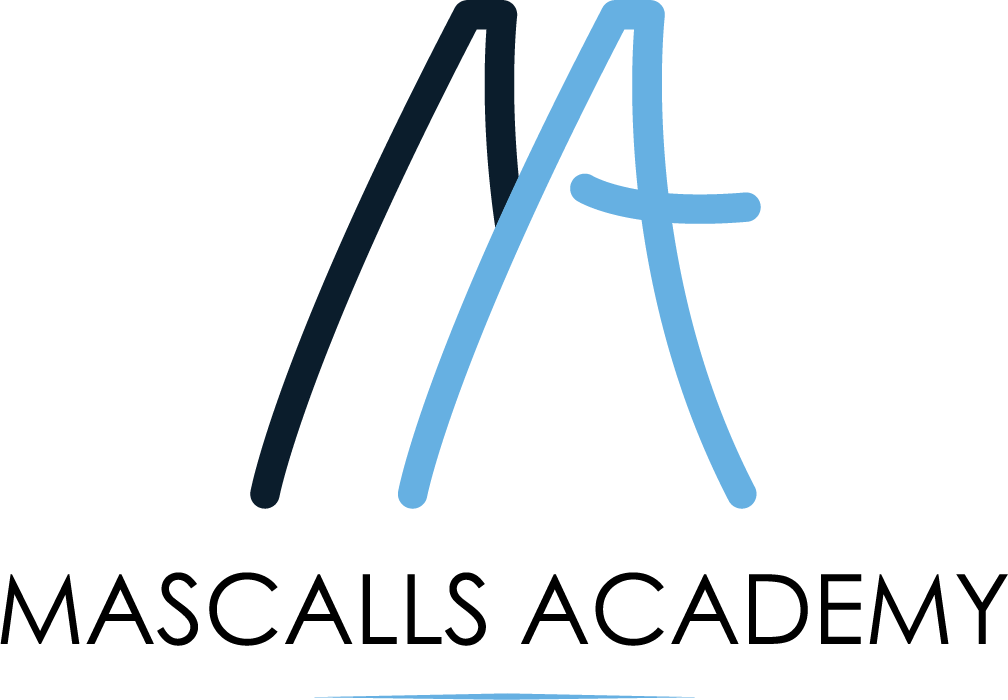The Pearson BTEC Level 1/Level 2 Tech Award in Performing Arts is for learners who want to acquire sector-specific applied knowledge and skills through real life contexts by studying professionals’ work and processes used, the skills and techniques used in different roles, and how to contribute to the creation of a performance in either a performance or non-performance role as part of their Key Stage 4 learning.
The qualification enables learners to develop their specific skills, such as refining work and applying skills for a performance using realistic vocational contexts, and personal skills, such as working with others, working to deadlines, and responding to feedback through a practical and skills-based approach to learning and assessment. The qualification will broaden learners’ experience and understanding of the varied progression options available to them.


